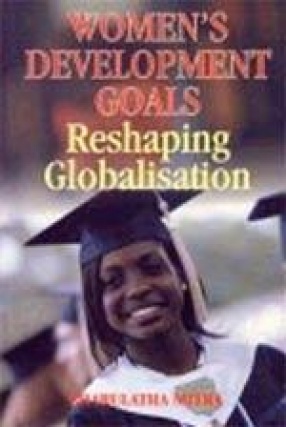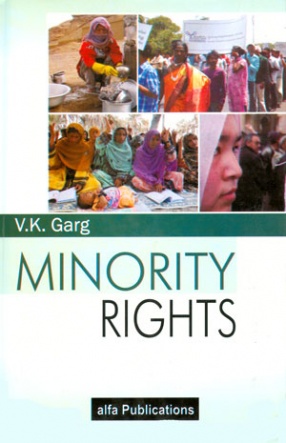Today, the major phenomenon shaping our world is globalisation, the global integration of trade, finance, investment, and use of new technology. The gender effects of globalisation are complex and uneven, with new risks and new opportunities for different groups. It intensifies some of the existing inequalities and insecurities to which poor women are subject, but for educated, professional women, it opens up new opportunities. Women’s capacity must be built to manage new risks and to take advantage of new opportunities, including new information and communications technologies. Women-friendly financial institutions based on greater participation and accountability must be created. Through a series of joint efforts, markets, technology and economic policy must be reshaped so that they operate fairly, and deliver the potential fruits of globalisation to poor women. The book examines the development of women in the age of globalisation. It discusses the economic dimensions of gender equality and women’s empowerment in the context of globalisation. It assesses women’s progress using a variety of indicators, and examines the issue of account-ability, focusing in particular on government accountability for the gender impact of their policies and programmed. It will be a valuable reference tool for policy makers, academics and women’s rights advocates.
Women’s Development Goals: Reshaping Globalisation
In stock
Free & Quick Delivery Worldwide
Bibliographic information
Title
Women’s Development Goals: Reshaping Globalisation
Author
Edition
1st ed.
Publisher
ISBN
8172731507
Length
viii+254p., Bibliography; Index; 23cm.
Subjects





There are no reviews yet.